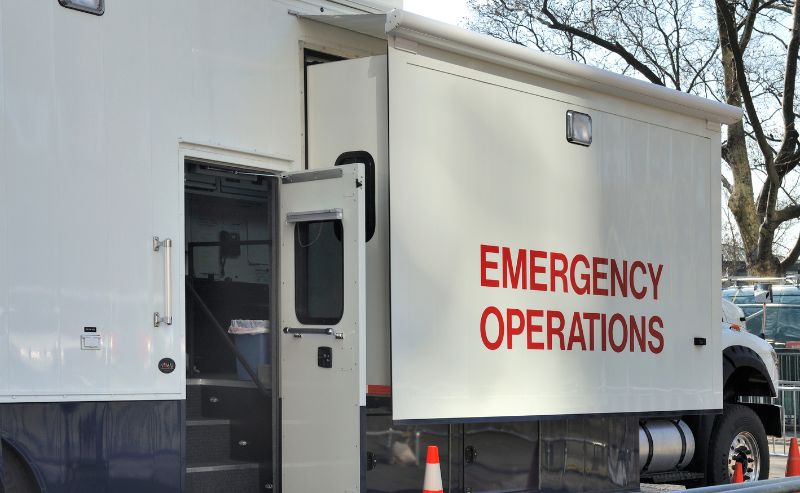The holiday season is upon us and with the COVID-19 pandemic, more people than ever are working, shopping, socializing, and conducting business online. And, they may unknowingly be doing so in a far less secure environment than they realize, putting themselves and others, including employers, schools, hospitals, and even local government agencies, at risk. Cyber criminals are well aware of the situation and taking full advantage of it.
Consider this. Earlier this year, the Work-from-Home (WFH) Employee Cybersecurity Threat Index released by Morphisec, showed that 56 percent of employees are using their personal computers for work and that nearly 25 percent of those don’t know what security protocols are in place on their device(s). Further, more than one in four at-home workers have frequent issues with spotty WiFI, “limiting antivirus efficacy.”
As far back as August 2020, the FBI reported that the number of complaints about cyberattacks to their Cyber Divison was up to as many as 4,000 a day. Incredibly, that number represents a 400 percent increase from what the agency received before the pandemic. Interpol, the International Criminal Police Organization, said it is also seeing “an alarming rate of cyberattacks aimed at major corporations, governments, and critical infrastructure.”
Don’t fall victim to cyber criminals this holiday season (or beyond). Take action now to protect your business, your employees, and yourself by:
- Purchasing and using the latest antivirus/antispyware software available
- Keeping applications and operating systems current
- Adopting a formal internet use and email policy
- Training employees in basic cybersecurity principles
- Having a current and actionable continuity plan in place (just in case)
By not doing so, you may just give cyber criminals a gift that keeps on giving. Or taking, as the case may be.
With 10,000+ plans under its belt, BOLDplanning is the preeminent developer of online software for Emergency Operations (EOP) plans, Continuity of Operations (COOP) plans, and Hazard Mitigation plans. The company’s team of experts is also well-versed in facilitating HSEEP-compliant exercises to help ensure organizational preparedness for cyberattacks, natural disasters, and other disruptions.






